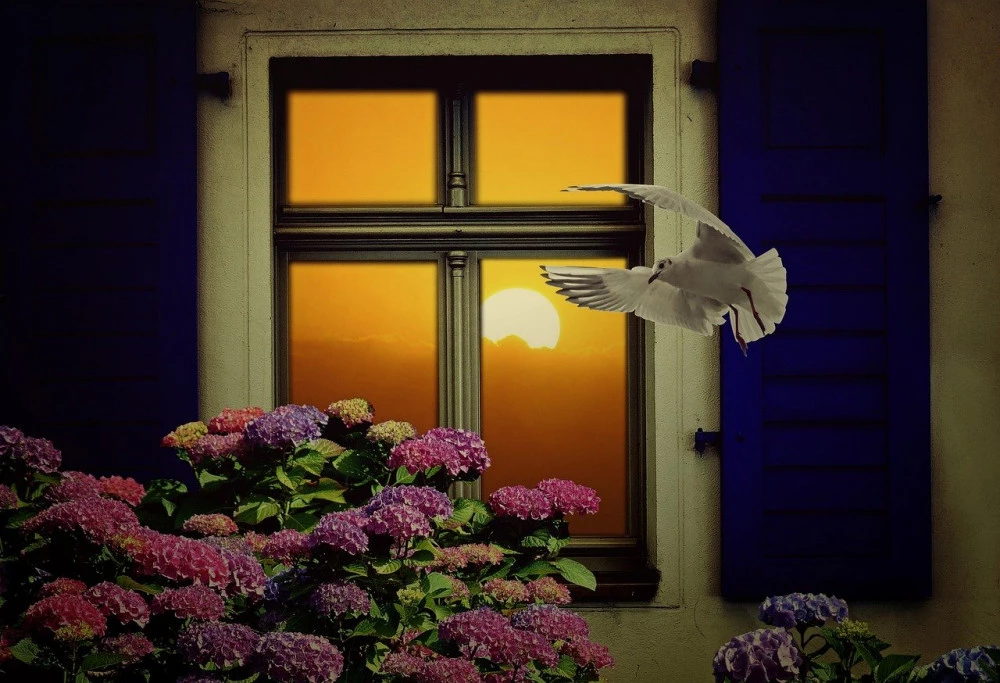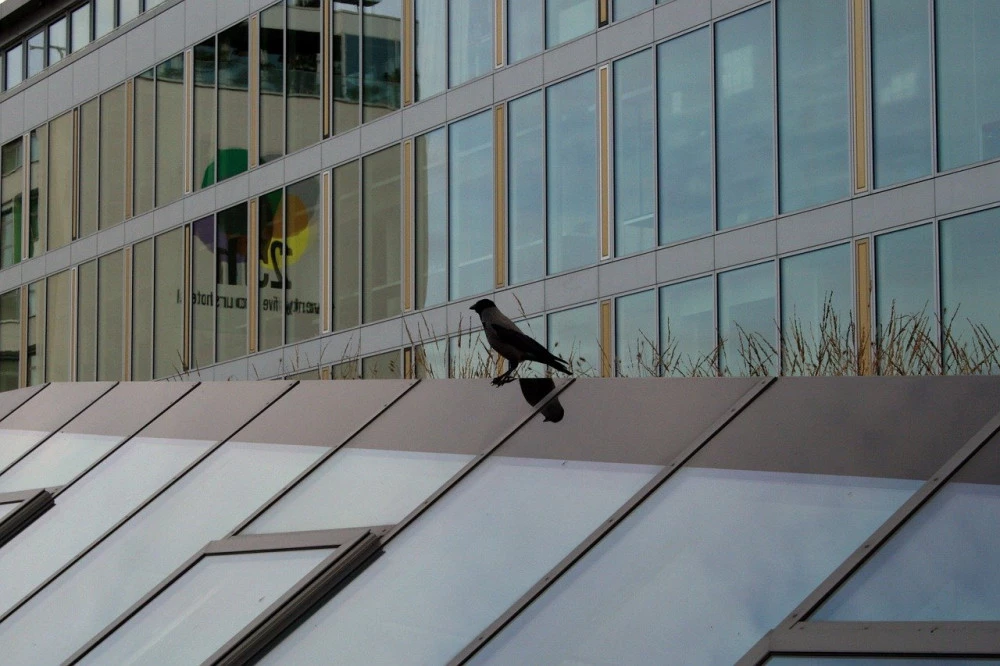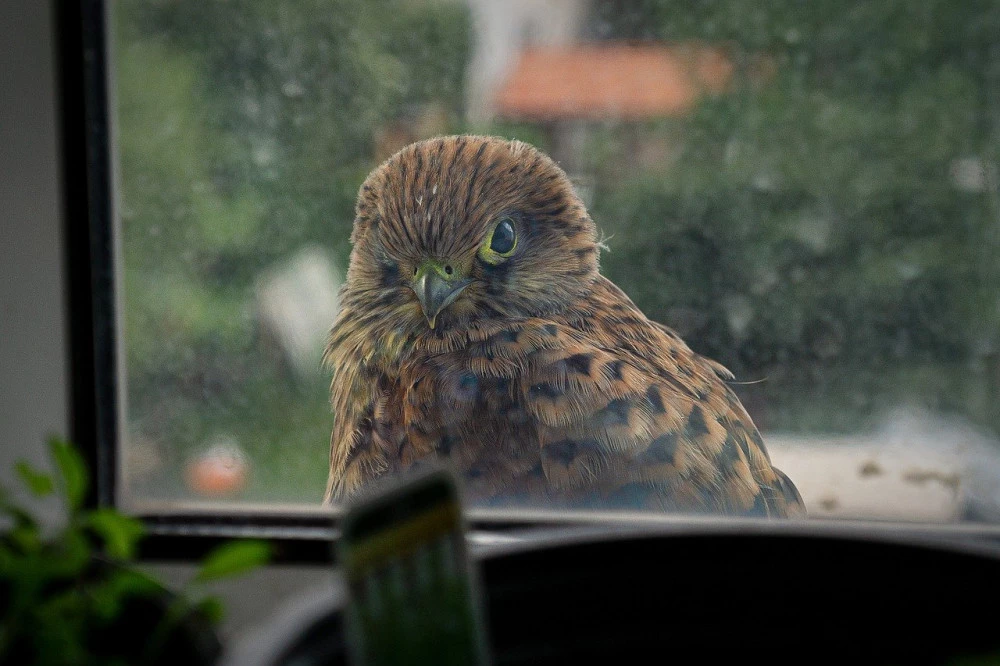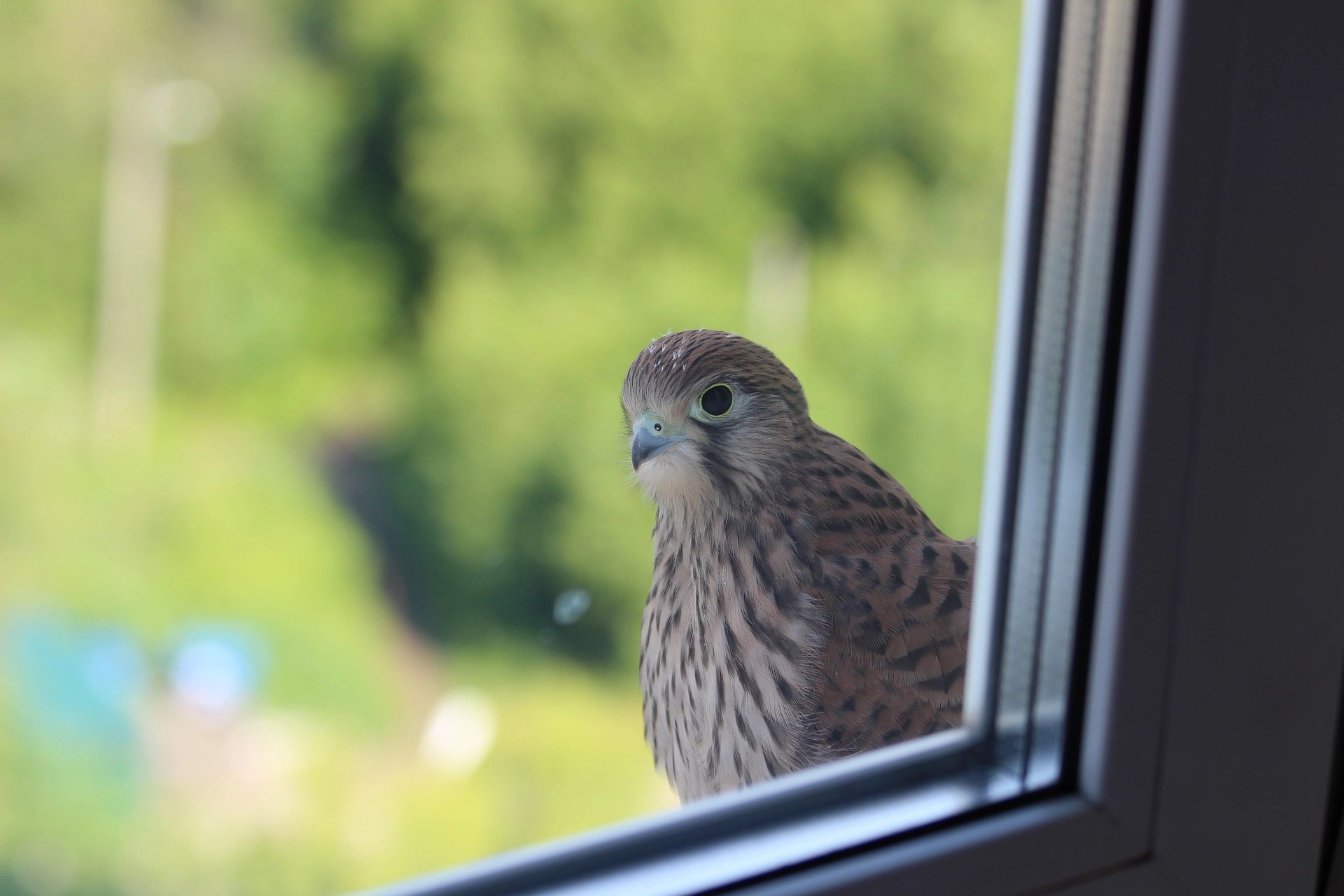Why Can’t Birds See Glass and Hit on Them?
To birds, glass is not dangerous! Get the full story of why birds can’t even see glass.
Fact: Every year, up to one billion birds die in the US because they can't see glass and fly into it. When these creatures are so used to flying around, it's unlikely that flying into glass will ever change.
1. Birds do not understand what a reflection is
When birds see the reflection of the sky or a mountain, they think that these are their real, natural surroundings. They don’t realize that it is a reflection, so they become very confused and end up colliding with objects which appear to look like what they can see in front of them.
When reflections are clear, they turn out looking more realistic to birds. This makes sense because as photographers say:
"It's easier to get the lighting right when the sky is sunny."
2. Birds do not know how to detect glass
When we see a reflection happen, we often believe it is an actual occurrence. But sometimes it can be hard to tell the difference between reality and what reflects on the surface of glass.
From the small cracks and grids that are seen, it can be understood that you are looking at glass. Such materials are expected to be found in buildings.

3. Colors are much more intense in their vision
Cambridge researchers have discovered that birds see color more intensely than humans. Bird vision has about 4-7 times as many photoreceptors as human sight, which enables them to detect light from absurd distances!
It was long thought that mammals saw colors more vividly than birds, but this has since been contested. Although it is true that birds see color differently, so things seem richer to them,
This means that birds are sensitive to the color in reflections, although not as much as humans.
4. Birds have a lower level of depth perception than humans
Many birds have eyes on both sides of their head which provides them with a lot of vision. However, this prevents them from seeing depth. If they had two eyes on the same side, they would be able to see depth.
That being said, it's a lot harder for birds to understand the distance of an object than it is for us. This is why birds tend to crash into windows more than we do.
5. Birds don't usually come in contact with vertical reflective surfaces
Glass doesn't naturally occur in an animal's habitat at all, with trees. Birds always see their reflections in water, but they’re not fooled by them because they think water ought to be near ground level. Glass windows and doors however are unique in that they stand upright.

6. Most birds are startled and disoriented by their reflection
Another reason why birds can't see glass is that the panicky state they are flying in makes it hard for them to focus. And when they are scared, their attention span diminishes.
Turns out, when a bird hears a sudden loud noise, they often think it could be an approaching predator and fly away. And they are naturally wary of threats, which unfortunately often leads to collisions.
How to protect birds from colliding with your windows?
Have you ever asked yourself what you can do to reduce the risk of birds crashing into your glass doors and windows? Thankfully, there's a lot of things you can try. They include the more luxurious and expensive alternatives to the amateur and less-expensive options.

You can do the following things:
- Window decals can prevent birds from seeing reflections in your windows. To help with this, try installing these specific decals, as they have the appearance of pebbles and will still look good.
- Do not place a house plant near a window because they can attract birds. This can lead to an increase in collisions between them and your windows.
- Consider using bird-safe glass. Proven to decrease bird collisions, it's just as attractive as other types of reflective glass and doesn't change the appearance of anything for people. There are plenty of benefits to using this type of glass but keep in mind that it can be quite expensive.
- If you're not worried about making an impression next door, bird feeders should be placed near windows. This will slow birds down as they fly by and lessen the chances of them hitting any of the glasses nearby.
- Place a screen near your window. This will make it more visible and will reduce the severity of any bird collisions that do occur.
- Put drape curtains or shades over the windows. This will make it easier for birds to grasp that these are impassable.
Can they be trained to know what a glass is?
Given their limited intelligence, birds can't learn to detect glass yet. However, if a bird has collided with a glass window or door once, they will remember this and avoid flying through the same glass again. If this happens enough, it can eventually lead them to seriously keeping away from it.


